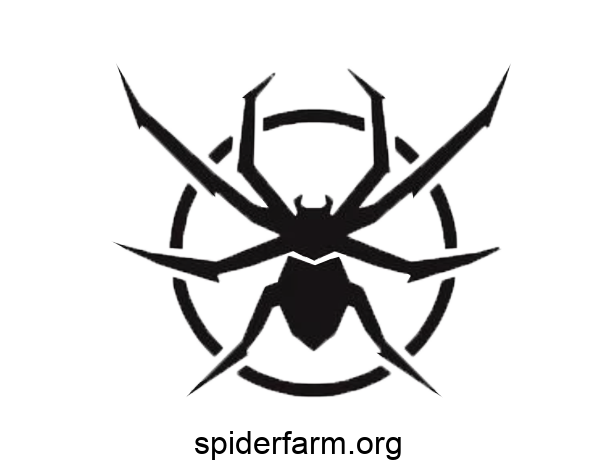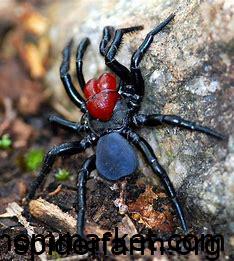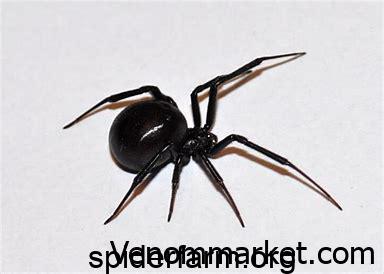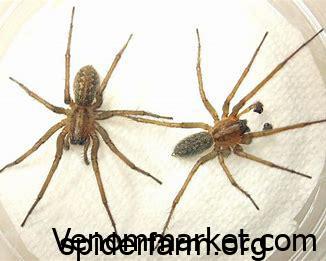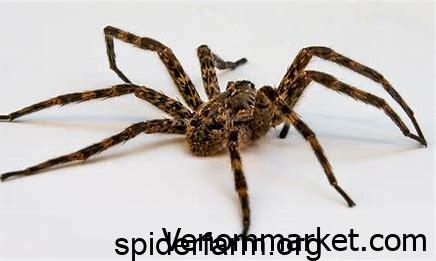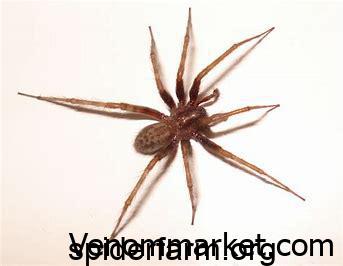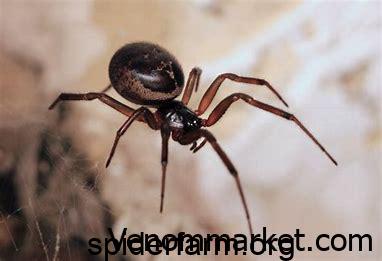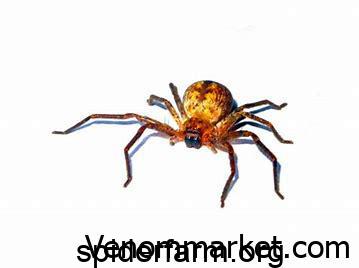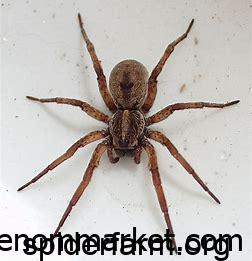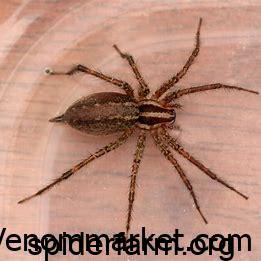scorpion venom-
Among all the species of scorpions, nearly 2,000, only about 30 or 40 of them have a poison potent enough to kill a human being, so we can say that only a small percentage is dangerous.
Identification of dangerous species-
Identifying the deadly and poisonous from the harmless seems a work that only experts could do properly, but there are key details that can help us to know the type of scorpion we encounter, especially if we refer to any of the species of the family Buthidae.
Neither the body size nor the color of a scorpion is evidence of its dangerousness, although certain aspects of both characteristics can help us to differentiate the bad ones from those that should not cause alarm.
The tail of the toxic species is slim and elongated in most of its segments, while that of the non-toxic species is bulkier. The sting of the deadly species is also thinner than that of the mild ones
The two “fingers” that form the claw (pincers) are more elongated in dangerous species than in those that are not. But the bulging element that is before the claws, or what for us would be like the hand (pedipalps), is very short and thick in poisonous scorpions and long in non-toxic. Compare some of these differences in our photo gallery, and you will see that you can identify some of them
scorpion venom

-Scorpions give birth to live young
Scorpion Venom:Unlike insects, which generally deposit eggs outside their bodies, scorpions produce live babies, a practice known as viviparity. Some scorpions develop within a membrane, where they receive nourishment both from a yolk and from their mothers. Others develop without a membrane and receive nourishment directly from their mothers. The gestational stage can be as short as two months, or as long as 18 months, depending on the species. After birth, the newborn scorpions ride on their mother’s back, where they remain protected until they molt for the first time. After this, they disperse
-Scorpions have long lifespans
Scorpion venom: Most arthropods have relatively brief lives compared to other animals. Many insects live just weeks or months. Mayflies last just a few days. But scorpions are among the arthropods with the longest lifespans. In the wild, scorpions typically live from 2-10 years. In captivity, scorpions have lived as long as 25 years
scorpion venom.
